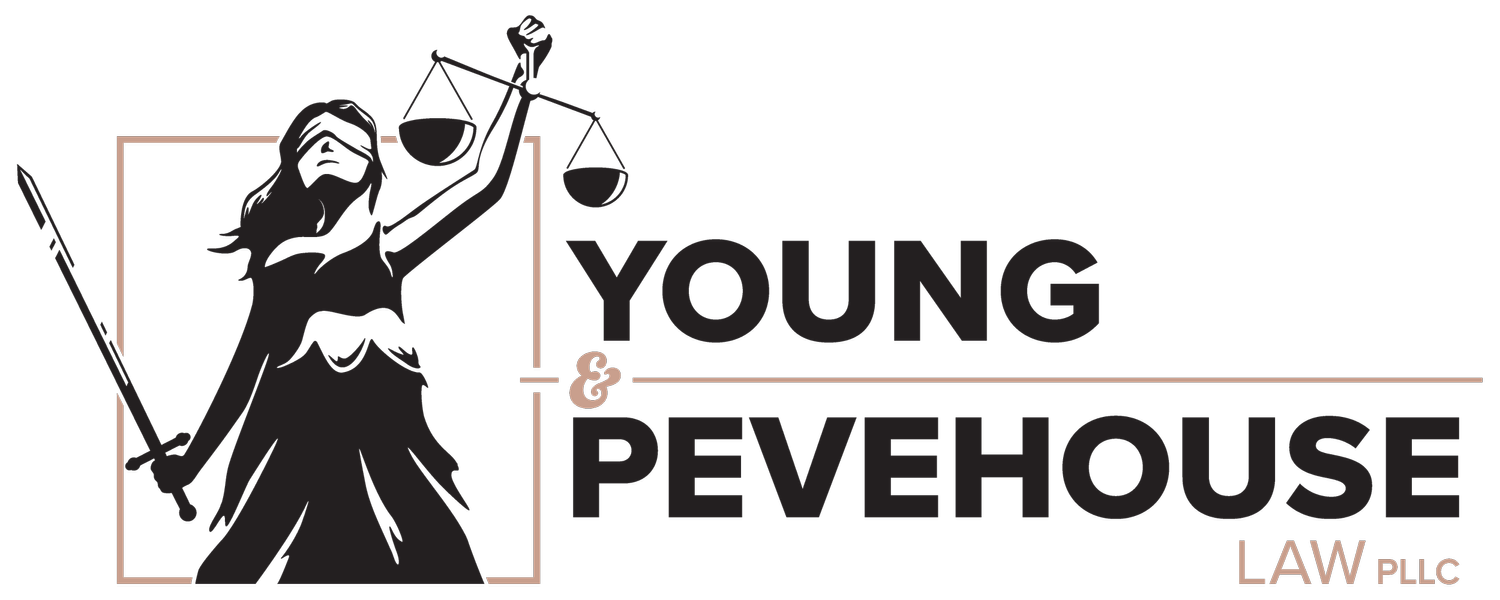Essential Legal Steps for Starting Your Own Business
1. Choose the Right Business Structure
Selecting the appropriate business structure is crucial as it affects your legal liability, tax obligations, and ability to raise capital. The common business structures include:
Sole Proprietorship: Simple and inexpensive to establish, but you are personally liable for business debts.
Partnership: Shared ownership between two or more people, with shared liability and profits.
Limited Liability Company (LLC): Offers liability protection while allowing profits to be taxed as personal income.
Corporation: More complex and costly, but provides strong liability protection and easier access to capital.
Consult with a business attorney to determine the best structure for your business needs.
2. Register Your Business Name
Your business name is your brand identity, so choose it carefully. Once you've selected a name, check its availability with your state’s business registry and the U.S. Patent and Trademark Office (USPTO). Register your business name with the appropriate government agencies to ensure it's legally protected and not already in use.
3. Obtain Necessary Licenses and Permits
Depending on your business type and location, you may need various licenses and permits to operate legally. These could include:
General Business License: Required for most businesses to operate legally within a jurisdiction.
Professional Licenses: Necessary for specific professions, such as healthcare, legal services, and real estate.
Health and Safety Permits: Required for businesses that prepare and serve food, handle hazardous materials, or engage in activities that impact public health and safety.
Check with local, state, and federal agencies to determine the specific licenses and permits needed for your business.
4. Apply for an Employer Identification Number (EIN)
An Employer Identification Number (EIN) is a unique identifier for your business, similar to a Social Security number for individuals. It's required for tax purposes, opening a business bank account, and hiring employees. You can apply for an EIN online through the IRS website at no cost.
5. Draft a Business Plan
A well-crafted business plan is not only essential for securing financing but also serves as a roadmap for your business's growth and development. Your business plan should include:
Executive Summary: A brief overview of your business and its goals.
Market Analysis: An examination of your target market, competitors, and industry trends.
Marketing and Sales Strategy: How you plan to attract and retain customers.
Financial Projections: Estimates of your business’s revenue, expenses, and profitability.
Legal Considerations: Information on your business structure, licenses, permits, and intellectual property.
6. Set Up a Business Bank Account
Separating your personal and business finances is crucial for managing your business effectively and simplifying tax preparation. Open a business bank account using your EIN and business registration documents. This will help you track expenses, manage cash flow, and establish a professional relationship with your bank.
7. Secure Funding
Depending on your business model and growth plans, you may need external funding. Explore various financing options, including:
Personal Savings: Using your own funds to start your business.
Bank Loans: Traditional loans from banks or credit unions.
Investors: Securing funds from venture capitalists or angel investors in exchange for equity.
Grants: Applying for business grants available to women entrepreneurs and small businesses.
Prepare a detailed business plan and financial projections to present to potential lenders or investors.
8. Comply with Tax Obligations
Understanding and meeting your tax obligations is essential to avoid legal issues. This includes:
Registering for State and Local Taxes: In addition to federal taxes, you may need to register for state and local taxes, such as sales tax and employment taxes.
Filing Annual Reports: Some states require businesses to file annual reports to maintain good standing.
Keeping Accurate Records: Maintain detailed records of income, expenses, and financial transactions to simplify tax filing and ensure compliance.
Consult with a tax professional to ensure you meet all your tax obligations.
9. Protect Your Intellectual Property
Safeguarding your intellectual property (IP) is vital to protect your business's unique assets, such as your brand, products, and inventions. Consider:
Trademarks: Protect your business name, logo, and slogan.
Copyrights: Safeguard your creative works, such as written content, designs, and software.
Patents: Secure your inventions and proprietary processes.
Register your IP with the USPTO to prevent unauthorized use and infringement.
10. Establish Legal Agreements
Having the right legal agreements in place is essential to protect your business interests. These may include:
Operating Agreement: Outlines the management structure and operating procedures for an LLC.
Partnership Agreement: Defines the roles, responsibilities, and profit-sharing arrangements for partners.
Client Contracts: Specify the terms and conditions of your services or products.
Non-Disclosure Agreements (NDAs): Protect sensitive business information from being disclosed.
Work with a business attorney to draft and review these agreements to ensure they meet your specific needs.
By taking these essential legal steps, you can set your business on a path to success while minimizing legal risks. Starting a business requires dedication and effort, but with the right legal foundation, you can confidently navigate the challenges and achieve your entrepreneurial dreams.

